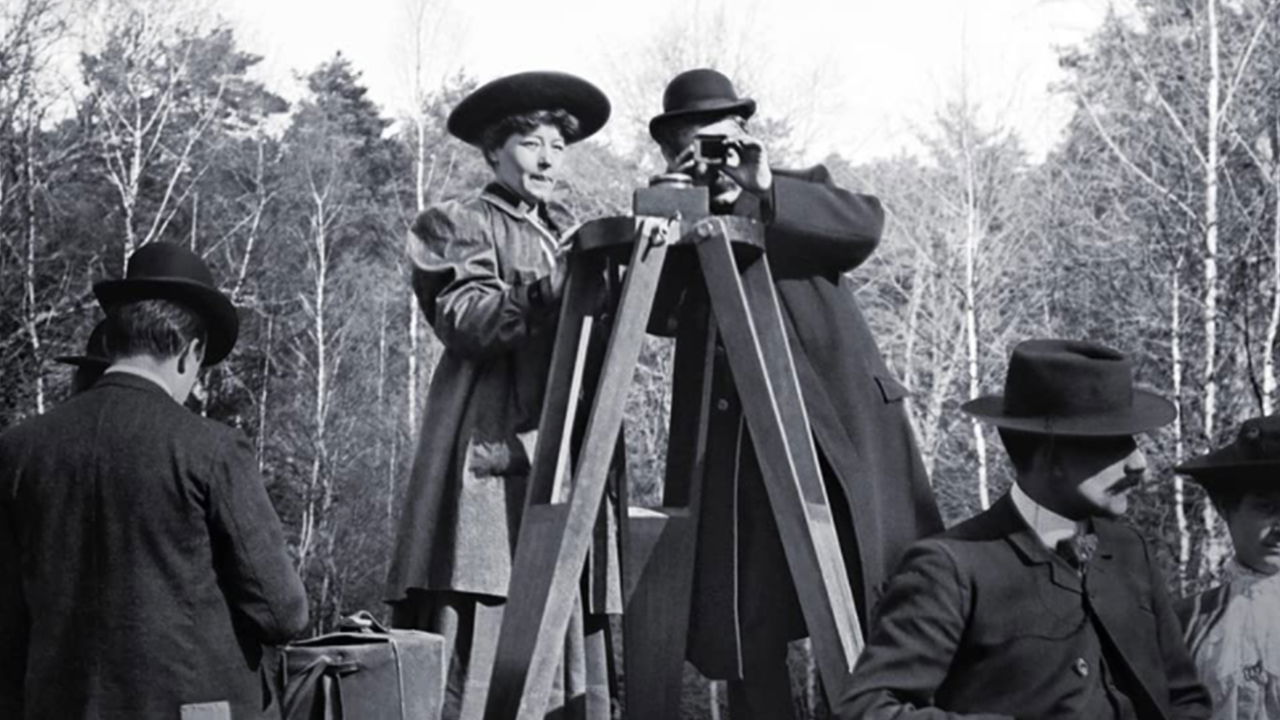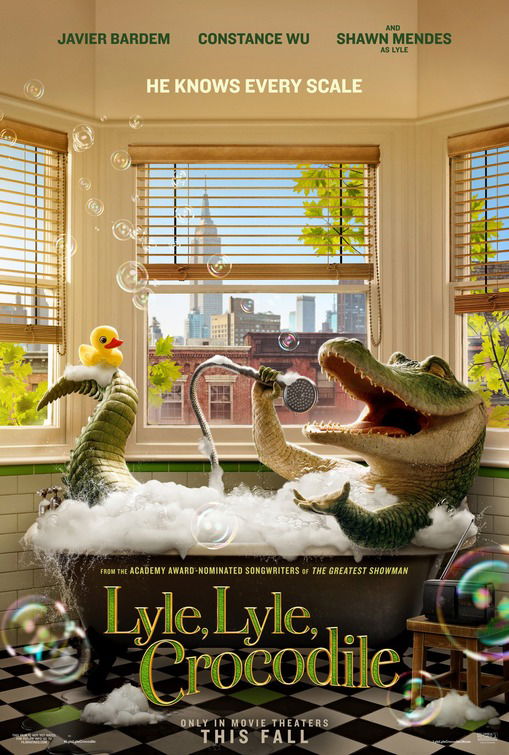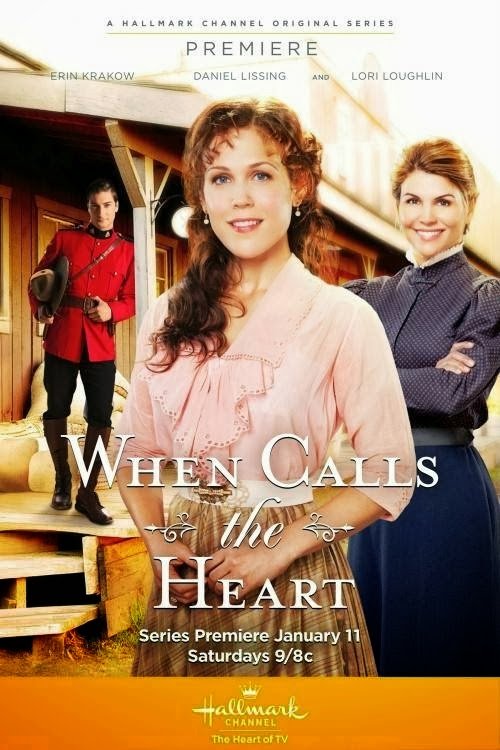
How Much Do You Know About the ‘Mother’ of Cinema?
By Movieguide® Staff
The pioneers of filmmakers that generally come to people’s minds are Thomas Edison, the Lumière brothers, and Charlie Chaplin. However, another leader in early movies during the late 1800s and early 1900s is now recognized as the “mother” of filmmaking: Alice Guy-Blaché.
But, how much do you actually know about Guy-Blaché, whom The New York Times cites as the first filmmaker in history?
In Hollywood’s obsession with diversity in its filmmaking, it discredits the hard work of ambitious creators like Guy-Blaché, according to The New York Times.
“Like other trailblazing women from cinema’s formative years, Blaché has been discovered, somehow overlooked and rediscovered anew. Only now, largely because of the …film scholars who are writing women back into history, does her place seem secure,” Manohla Dargis writes for NYT.
Dargis continues:
At Solax, she successfully made the transition to feature filmmaking, creating longer, more narratively complex titles that were well-received, though they also entailed higher production costs and longer preparations. Yet, while Blaché navigated the shift to features creatively, she didn’t weather the seismic changes affecting the fast-growing movie world, including monopolistic distribution practices. By 1914, she and Herbert Blaché had joined forces with another enterprise for which they both directed.
The last chapter of Blaché’s filmmaking career was marred by setbacks and disappointments both in her new ventures with her husband and as a director for hire. She made “The Ocean Waif,” a touching romance about an abused young woman and a writer that gives (almost) equal weight to both.
Other films followed, but by the time she directed the well-regarded “Her Great Adventure,” Blaché was struggling with her health, financial difficulties, a broken marriage and continued industry upheaval. She declined to direct a “Tarzan” movie. In 1922, the Solax studio was auctioned off, and Blaché, now divorced, returned to France with her two children.
In France she tried to find film work with no luck. It’s unclear why she didn’t succeed, although by the 1920s, the movies were a big business and no longer as hospitable to women who wanted to make their own films. She sold her books, paintings and other possessions and wrote articles and children’s stories.
She and her daughter, who worked for the American Foreign Service, spent the last years of World War II in Switzerland, where Blaché began writing her memoir. She also tried to find her films, but most were unavailable and presumed lost. She nevertheless persevered, gave interviews and in time gained some recognition for her pioneering role in cinema.
Blaché wrote of her life: “It is a failure; is it a success? I don’t know.” She died on March, 24, 1968, in a nursing home in New Jersey. She was 94.
Yet now, more than a half-century after she died, her name is starting to appear in projects once again.
In 2018, Pamela B. Green directed a documentary called BE NATURAL: THE UNTOLD STORY OF ALICE GUY-BLACHE—narrated by Jodie Foster—which honors the overlooked French director, producer, and writer as the first female movie mogul.
According to Deadline, Green and the team behind BE NATURAL are teaming up again to produce a narrative biopic of Guy-Blaché’s career.
Deadline reported:
Active from the late 19th century, Frenchwoman Guy-Blaché was in the room when the Lumière brothers held the first-ever cinema screening in Paris in 1895. Inspired by what she saw, the Gaumont secretary went on to become an in-house film-maker at the French studio.
Guy-Blaché would travel to the U.S. where she became artistic director and a co-founder of Solax Studios in Flushing, New York, and a prominent investor in a new studio in Fort Lee, New Jersey, which was the center of American filmmaking prior to the establishment of Hollywood.
Solax was briefly a success, working with early screen stars such as Lionel and Ethel Barrymore and Billy Quirk, and having movies distributed by MGM. But despite her trailblazing career, in 1921, the filmmaker was forced to auction her studio and other possessions in bankruptcy as the East Coast film scene was overtaken by Hollywood. She returned to France in 1922 and never made another film. In her final years, she moved back to New Jersey with her daughter, dying in 1968 aged 94.
Guy-Blaché made over 1,000 short and silent films, which spanned a wide range of genres and topics.
“Her 1906 film ‘The Consequences Of Feminism’ imagined a world where gender roles are reversed. In 1912, she made the film ‘A Fool And His Money,’ which was probably the first to have an all-African-American cast,” Deadline reported.
Today, Hollywood pushes a politically correct agenda that requires representation and inclusivity both behind and in front of the camera. Guy-Blaché proved that success is never handed-out for free.
“She’s the mother of cinema,” Green told NorthJersey.com, “She did the work, took the trail, climbed the mountain.”
She added: “She had intelligence, and a great sense of humor. She was extremely determined, and passionate, and a hard worker. I related to those elements.”
NorthJersey.com reported: “In an era when women are demanding, more than ever, a place at the Hollywood table, ‘Be Natural: The Untold Story of Alice Guy-Blaché’ is a reminder that in the early days, women took a seat anyway — invited or not.”
But, Guy-Blaché went beyond the technical aspects of putting moving pictures on a screen. She also pioneered filmmaking as an art form.
Guy-Blaché wanted her actors to transition “theatrical,” and exaggerated acting style into more of what moviegoers have grown accustomed to today—realism and relatability.
“She wanted them to give a sense of realism, so audiences could emotionally relate and say: That’s me, or that’s my aunt, or that’s my cousin,” Green said. “She wanted people to have an emotional connection with the films she was making.”
Green continued: “She helped develop the grammar of cinema. She helped move the medium forward when it was in its infancy, when people didn’t believe in it.”
Green concluded: “Once it became a viable business, once people saw that movies had a future and could make money, then … men took over…. She was an artist and an entrepreneur, and that makes her significant.”
Questions or comments? Please write to us here.


 - Content:
- Content: 

